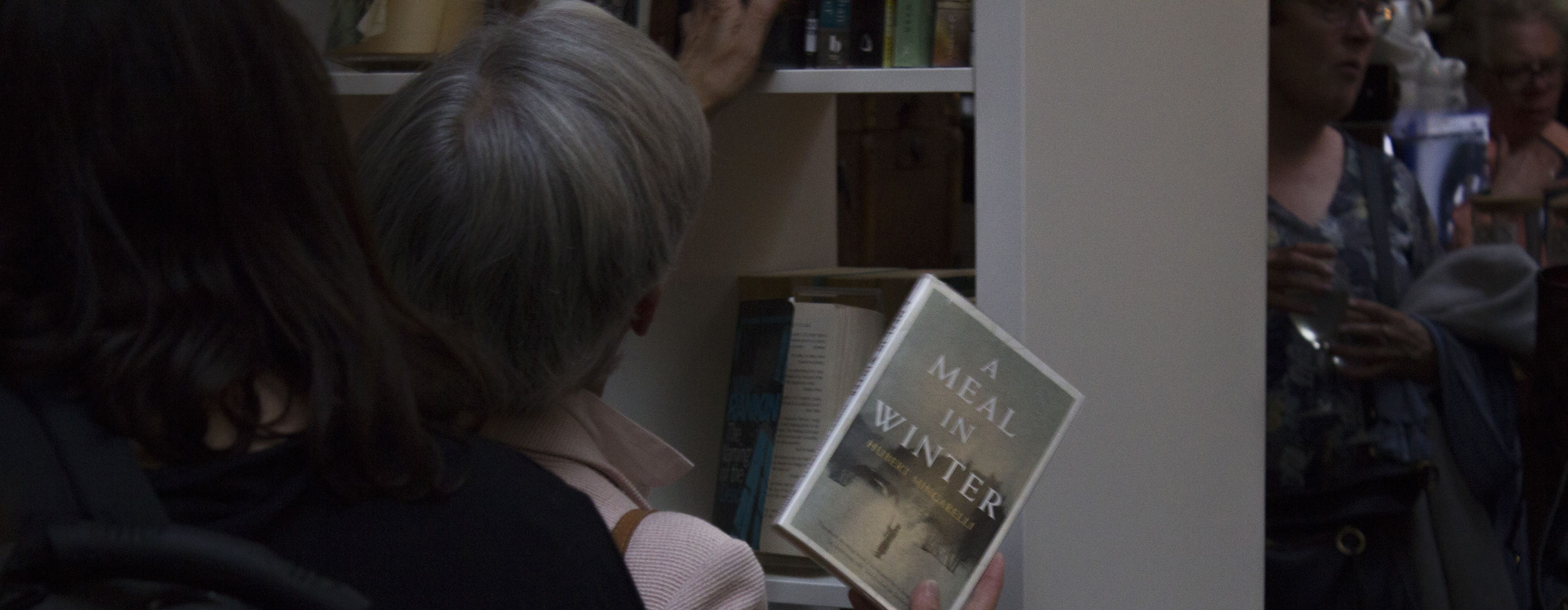The importance of libraries: how a Roehampton research team is informing policy
- Wednesday, June 17, 2020
Roehampton’s ‘Living Libraries’, an AHRC-funded project led by Professor Shelley Trower and Dr Sarah Pyke, is investigating the importance of the UK’s public libraries, collecting oral histories, commissioning audio pieces, a documentary, and an interactive design-your-dream-library, and making policy recommendations for libraries across England.

Focusing on the stories of people who use, work in and run libraries, Professor Trower and her team have collated nearly 50 interviews with people across five libraries, and national figures in the library sector, including the President of Libraries Connected, Carol Stump, and the Director of Libraries for Arts Council England, Sue Williamson. By interviewing a mix of people involved in libraries in diverse capacities, the project captures a rich picture of voices in public libraries. This is the first time such an archive on oral history relating to public libraries has been put together, and it will be accessible to all through National Life Stories at the British Library from the beginning of next year.
The findings have been formulated into a policy pack, which identifies the ways in which libraries contribute to the health and well-being of local communities, how they act as community spaces providing trusted sources of information, and demonstrates their environmental benefits, making eight recommendations for the future of public libraries and their staff.
Dr Pyke says ‘This is a really critical time for libraries, in which they have demonstrated their importance, especially to the most vulnerable and marginalised people in our communities, even as they have been physically closed. It is hoped this research will successfully influence government policy, ensuring that libraries, both as physical spaces and as fundamental services for communities, are secured for future generations to make use of and enjoy’.
Find out more about the project at livinglibraries.uk, or follow Living Libraries on Twitter, @LivingLibs.